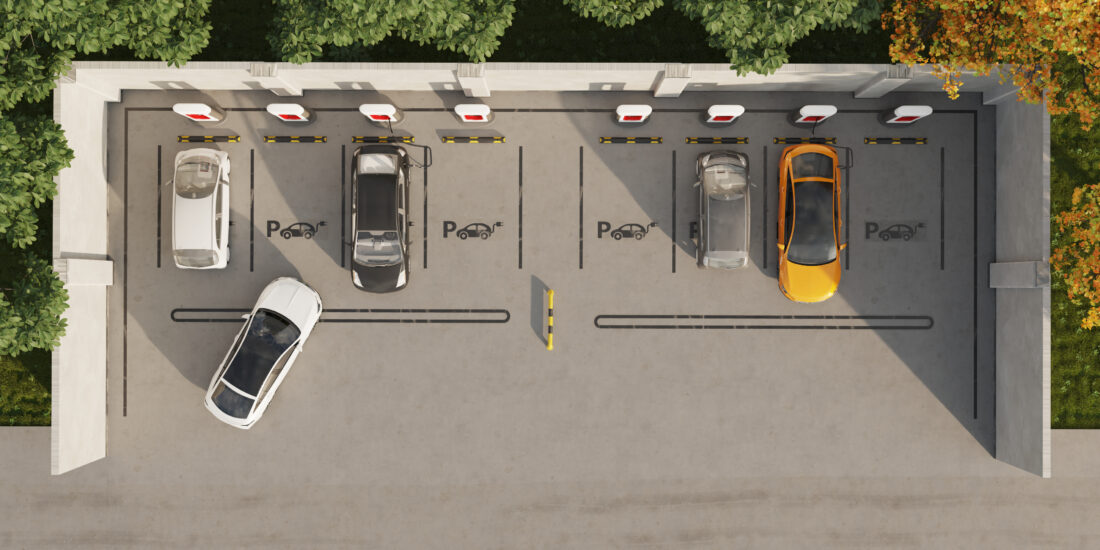
Revolutionizing Urban Mobility: AI-Powered Smart Parking Management System
Project Summary
The Smart Parking Management System (SPMS) is an IoT-enabled platform developed for Urban Metropolis to address traffic congestion and inefficient parking. Deployed across 5,000 parking spaces, it integrates IoT sensors, AI-driven analytics, and a Flutter-based mobile app to provide real-time parking availability, automated payments, and predictive demand insights. Built with Python for AI processing, Flutter for cross-platform mobile access, and AWS with Docker for scalability, the system leverages LoRa for long-range communication and integrates with city traffic systems, enhancing urban mobility and sustainability.
Key Challenges Addressed
- Real-Time Data Integration Across Urban Environments: Managing data from thousands of distributed IoT sensors in dynamic city conditions with minimal latency.
- Predictive Analytics for Variable Parking Demand: Ensuring accurate predictions for parking needs amidst fluctuating factors like events or peak hours.
- Seamless User Experience Across Mobile Platforms: Providing an intuitive, cross-platform mobile app for diverse users with real-time updates and navigation.
Technology Stack
- AI & Data Processing: Python, TensorFlow, NLP
- Mobile: Flutter, iOS, Android
- IoT: LoRa, STM32 microcontrollers
- Cloud & Deployment: AWS, Docker
- APIs: RESTful APIs
- Tools: Visual Studio Code, Git
Client Benefits
- Reduced Congestion: Cut parking search time by 35%, reducing emissions by 20% through optimized space allocation.
- Enhanced Revenue: Increased parking revenue by 25% via automated payments and fines, integrated with the mobile app.
- Improved User Satisfaction: Achieved 40% higher commuter satisfaction with real-time, GPS-guided parking availability on mobile devices.
Solutions Implemented
To address real-time data integration, we deployed IoT sensor nodes using STM32 microcontrollers with LoRa for long-range, low-power communication, enabling reliable data collection from 5,000 parking spaces. These nodes, paired with edge computing capabilities, transmitted data via AWS-hosted gateways, ensuring low-latency processing and integration with city traffic systems. For predictive analytics, we developed AI models using Python, TensorFlow, and NLP to analyze parking patterns and external data (e.g., event schedules from social media), achieving 90% accuracy in demand forecasting. The Flutter-based mobile app for iOS and Android provided commuters with real-time parking availability, GPS-guided navigation, and AI-driven recommendations, ensuring a seamless, responsive user experience across platforms, supported by Dockerized microservices for scalability.
Approach
- IoT-Driven Data CollectionDeployed STM32-based sensor nodes with LoRa for real-time parking data, integrated with AWS for secure, scalable processing.
- AI-Powered AnalyticsBuilt predictive models with Python, TensorFlow, and NLP for demand forecasting and anomaly detection, enhancing city planning.
- Mobile AccessibilityDeveloped a Flutter-based app for iOS and Android, offering live parking updates, reservations, and AI-driven route suggestions, deployed with Docker.
